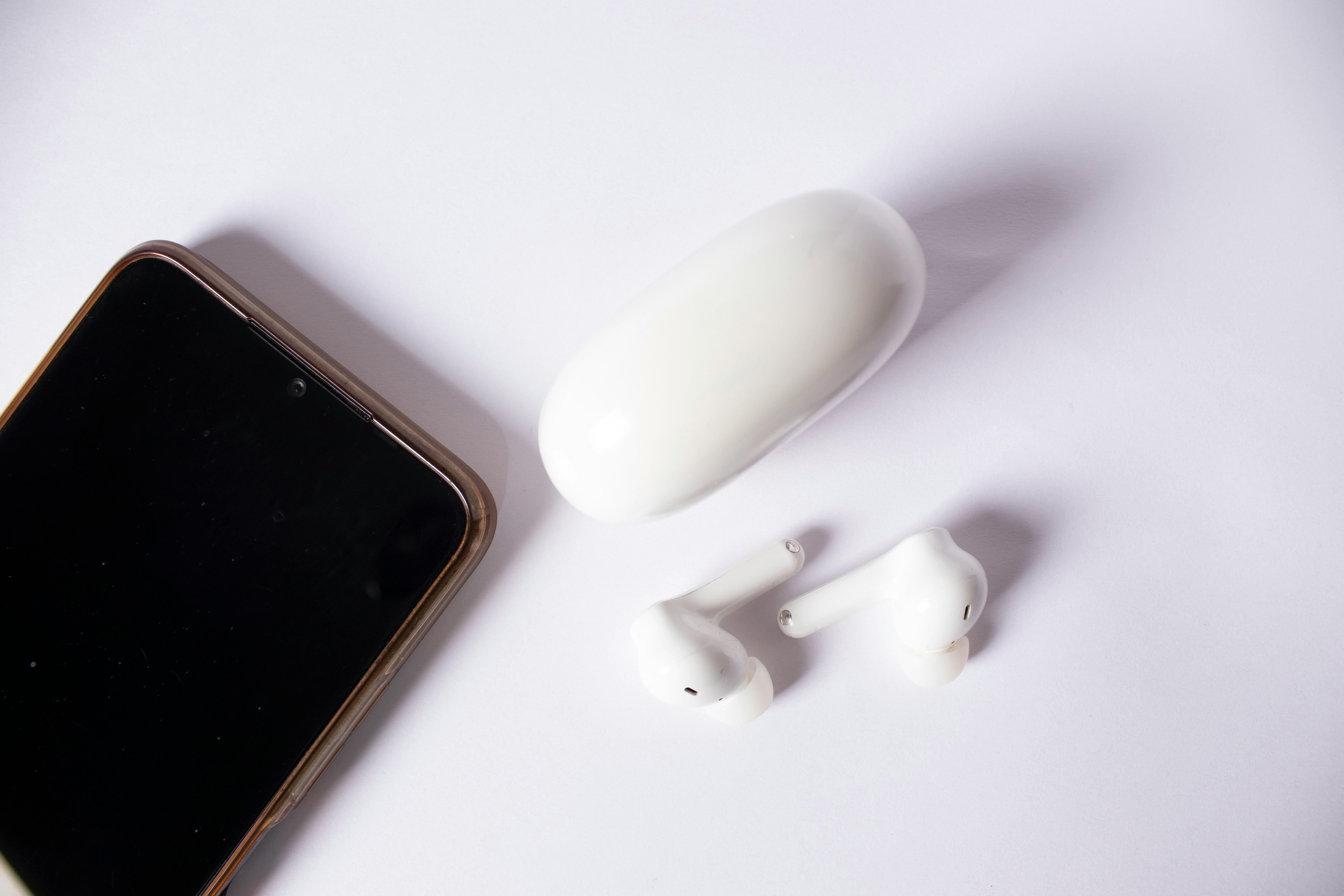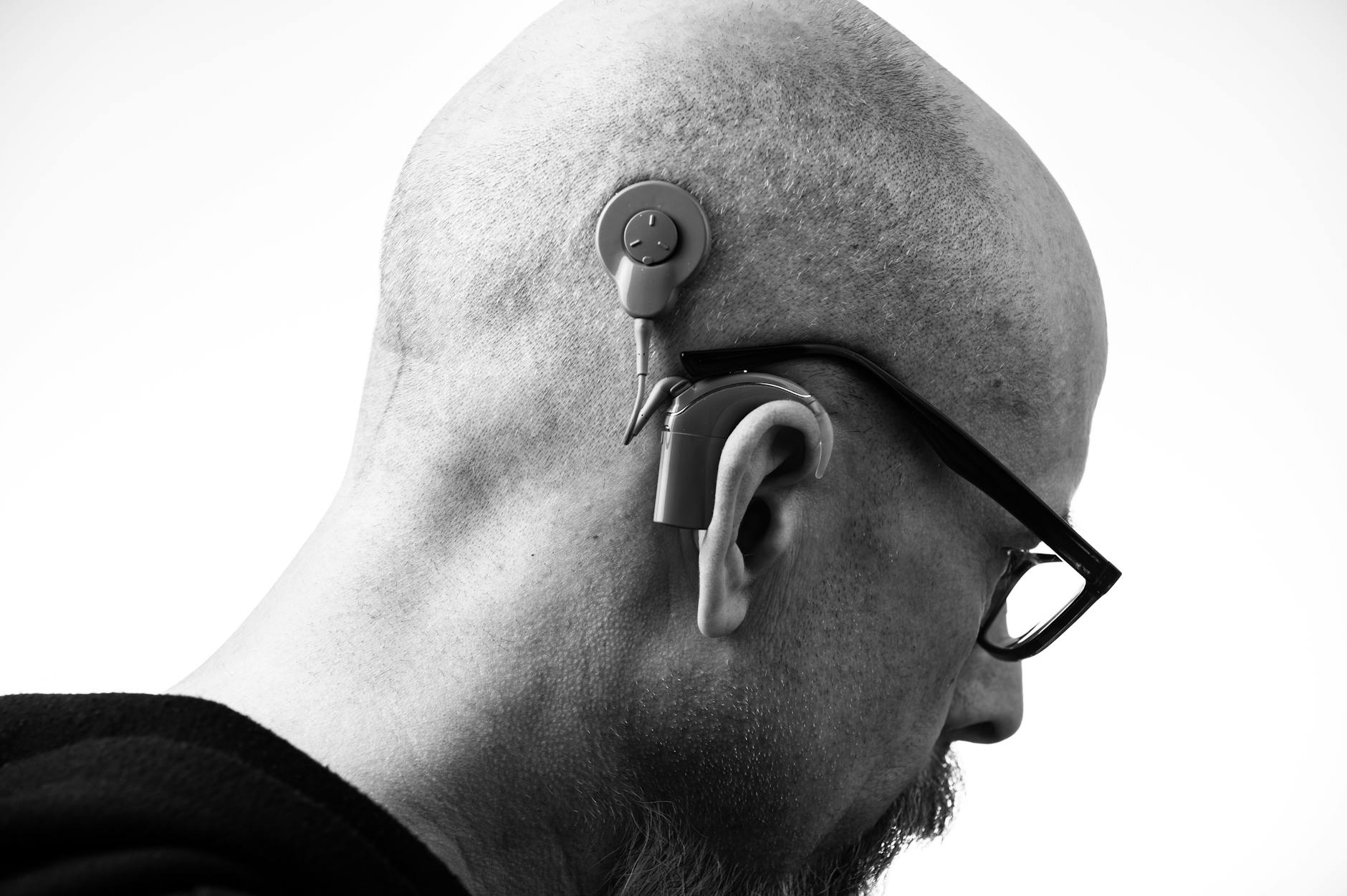Some medicines save lives, some ease pain—and a few can quietly bother your hearing or balance. If your prescription just came with the word “ototoxic,” take a breath. You don’t have to choose between your health and your ears. With a smart plan and the right team, you can reduce risk, catch early changes, and keep treatment on track.
What “ototoxic” really means (and why it’s not rare)
Ototoxic simply means “toxic to the ear.” Certain drugs can stress or damage the inner ear’s sensory cells and nerve pathways. The result can be:
- Tinnitus (ringing, hissing, or buzzing)
- Hearing changes (often starting at very high pitches you may not notice at first)
- Balance problems (unsteadiness, especially in the dark or on uneven ground)
Ototoxic effects range from temporary and fully reversible to permanent. It depends on the drug, the dose, how it’s given, your health, and even your genetics. The key is not fear—it’s monitoring and communication.
The usual suspects: which medicines raise risk?
Not all medications pose the same kind of risk. Here’s a plain-English tour of common categories discussed in clinical guidelines and research.
Often reversible when stopped or reduced
- Salicylates (high-dose aspirin) and some NSAIDs (like ibuprofen or naproxen): can cause temporary tinnitus and muffled hearing at higher doses. Changes often resolve after dose reduction or stopping.
- Loop diuretics (e.g., furosemide/Lasix): at high doses or rapid IV infusion, can cause transient hearing changes; risk increases with kidney issues or when combined with other ototoxic drugs.
Higher risk of permanent changes, especially at higher cumulative doses
- Platinum-based chemotherapies (cisplatin, carboplatin): strongly linked with high-frequency hearing loss and tinnitus that can progress with each cycle.
- Aminoglycoside antibiotics (e.g., gentamicin, tobramycin, amikacin): can affect hearing and/or balance; risk is higher with prolonged courses, kidney impairment, or combined ototoxins.
- Some other antibiotics and meds (e.g., vancomycin, macrolides like azithromycin at high doses): have reported ototoxic effects in certain circumstances, often reversible but worth monitoring.
Remember: many people take these medicines without any hearing problems. They’re used because the benefits can be substantial. Your job (and ours) is to reduce risk and catch changes early.
Risk isn’t just the drug. It’s the stack.
Ototoxicity acts like a stress budget for your ears. The more items you stack, the higher your risk:
- Higher dose or rapid infusion
- Longer duration or repeated courses
- Kidney or liver problems (affecting drug clearance)
- Older age or pre-existing hearing loss
- Concurrent noise exposure (loud workplaces, concerts, power tools, even loud headphones)
- Combinations of ototoxic drugs
Good news: you can control some of these. For example, reducing nonessential noise exposure during treatment gives your inner ear more room in the “stress budget.”
Build a hearing-safety plan with your care team
A plan removes the guesswork. Here’s what robust monitoring usually looks like, adapted from audiology guidelines.
Before you start treatment (baseline)
- Book a comprehensive hearing evaluation with an audiologist: standard and extended high-frequency audiogram (if equipment is available), speech understanding in quiet and noise, and otoacoustic emissions (OAEs) to catch subtle hair-cell stress.
- Note any tinnitus, sound sensitivity, and balance symptoms. Create a short “symptom baseline” in your phone.
- Gather your noise history and typical daily exposures, so you and your clinician can set realistic protection strategies.
During treatment (surveillance)
- For chemotherapy like cisplatin: hearing checks are often done before each cycle. Ask your oncologist how they coordinate with audiology.
- For hospital-based aminoglycosides: daily symptom check-ins (tinnitus, fullness, dizziness) help flag issues; formal tests may be scheduled based on course length and risk.
- Flag any new tinnitus, sudden pitch changes, muffling after infusions, or balance shifts as soon as they appear—don’t wait for the next appointment.
- Home check-ins: use the same device, same headphones, same quiet room to track a simple hearing screen if your team recommends one. Consistency matters more than perfection.
After treatment (follow-up)
- Some effects can emerge or progress shortly after the last dose. Plan a post-treatment audiology visit (often within weeks) and another at 3–6 months if you received high-risk meds.
Pro tip: Ask your audiologist to keep your extended high-frequency data and OAEs on file. Early changes often appear beyond the range of everyday hearing tests.
Don’t stack hits: smart noise habits while on ototoxic meds
- Turn down and limit headphone time. If you need music, aim for comfortable, not “fill the room in your head.” Consider over-ear, closed-back headphones at lower volumes to avoid competing with ambient noise.
- Use hearing protection for power tools, lawn equipment, or loud events. Carry foam plugs in your bag or car.
- Give your ears quiet breaks. Your inner ear’s recovery time is real.
If changes happen, act—there are options
If you notice new tinnitus, muffled hearing, or dizziness during treatment, tell your prescriber promptly. Depending on your situation, they may:
- Re-check dosing or infusion rate
- Adjust timing or select alternatives if appropriate for your condition
- Coordinate urgent audiology testing to document changes
Some ototoxic effects (like high-dose salicylate tinnitus) commonly improve after dose reduction or stopping. Others (e.g., with cisplatin or certain aminoglycosides) can be permanent, so the emphasis is on prevention and early detection. In specific medical settings, protective strategies may be considered by your specialist; your care team will know what’s appropriate for you.
If you’re left with ongoing hearing or balance issues, you’re not stuck:
- Hearing aids and assistive listening devices can restore clarity and reduce listening effort.
- Tinnitus management (sound therapy, counseling-based approaches) can dial down the “alarm” response and improve sleep and focus.
- Vestibular rehabilitation improves steadiness if balance organs were affected.
Ask your audiologist or ENT to tailor options to your goals and daily life.
Daily habits that quietly help
- Hydration and kidney health: follow your medical team’s guidance on fluids—drug clearance matters.
- Avoid stacking nonessential ototoxins: think twice about high-dose over-the-counter pain relievers unless your clinician recommends them.
- Medication list check: keep all prescribers informed about everything you take, including supplements.
- Sleep and stress: your brain copes better with tinnitus and listening load when you’re rested.
Talking points you can use with your doctors
Advocacy doesn’t have to be awkward. Try these lines:
- “I’ve read this medicine can affect hearing. Can we set a baseline hearing test and a monitoring plan?”
- “If my hearing changes mid-treatment, what options do we have to adjust dose, timing, or meds while keeping my care effective?”
- “Are there ways to lower risk on my end—like hydration, infusion timing, or reducing other ototoxic exposures?”
- “Who on the team should I message if I notice new tinnitus or balance changes?”
Myths vs. facts
- Myth: “Only older adults get drug-induced hearing loss.” Fact: Risk depends more on the drug, dose, and your health than your age.
- Myth: “If I don’t notice anything, I’m fine.” Fact: Very high-frequency changes can precede noticeable problems; that’s why baseline and monitoring tests help.
- Myth: “Earplugs fix ototoxicity.” Fact: Earplugs protect against noise, not the drug itself—but they do help by removing one major stressor.
When to call an audiologist or ENT
Reach out promptly if you’re on a known ototoxic medication and notice:
- New or worsening tinnitus
- Muffled or distorted hearing, even if it comes and goes
- Sudden trouble hearing speech clearly, especially in noise
- New imbalance, veering, or oscillopsia (words or objects seem to bounce when you walk)
An audiologist can measure and document changes, guide communication with your medical team, and help you choose practical tools if you need them. If you suspect an ear infection, sudden hearing loss, or severe vertigo, seek urgent medical care.
The takeaway
Medications with ototoxic potential can be life-changing for the right reasons—and occasionally ear-changing for the wrong ones. You don’t have to gamble. Build a monitoring plan, keep noise low, speak up about symptoms, and partner closely with your audiologist and prescribers. That’s how you protect both your health and your hearing.
Further Reading
- When Medicines Hurt Hearing: Your Ototoxicity Playbook (Hearing Loss) - Your Medicine, Your Ears: Preventing Drug‑Induced Hearing Loss (Hearing Loss) - Medicines Can Be Noisy: Preventing Drug‑Induced Hearing Loss and Tinnitus (Prevention) - Diabetes and Your Hearing: What High Blood Sugar Does to Your Ears (and How to Protect Them) (Hearing Loss)Frequently Asked Questions
Are ototoxic effects reversible?
It depends on the medicine and your situation. High-dose salicylates and some NSAIDs often cause temporary tinnitus or muffled hearing that improves after dose reduction or stopping. With drugs like cisplatin or certain aminoglycosides, changes can be permanent and may progress with cumulative dose. Because you can’t always feel early high‑frequency changes, monitoring is key.
Should I stop my medication if I notice ringing or muffled hearing?
Don’t stop prescribed medication on your own. Contact your prescriber promptly, describe the changes, and ask about next steps. In many cases the plan is to verify with an audiology test, consider dose or timing adjustments, and weigh benefits and risks together. If symptoms are sudden or severe, seek urgent medical care.
Can I use headphones during treatment?
Yes, but keep volume modest and limit total time. Avoid “compensating” for noise by turning up; use quieter environments or over‑ear headphones that block outside noise. Reducing nonessential noise exposure during treatment gives your ears a helpful safety margin.
Is there a supplement that prevents ototoxic hearing loss?
There’s no over‑the‑counter supplement proven to reliably prevent drug‑related hearing loss in adults. Some protective strategies are used in specific medical contexts under specialist care. Talk with your medical team before adding any supplement, as some can interact with treatment.



